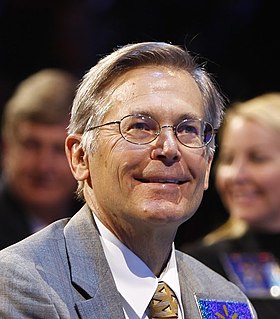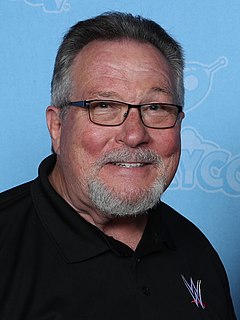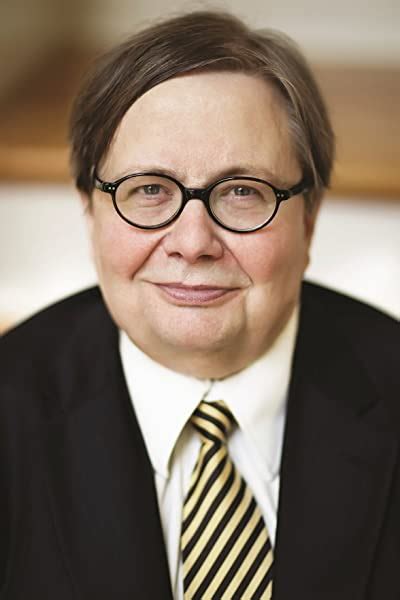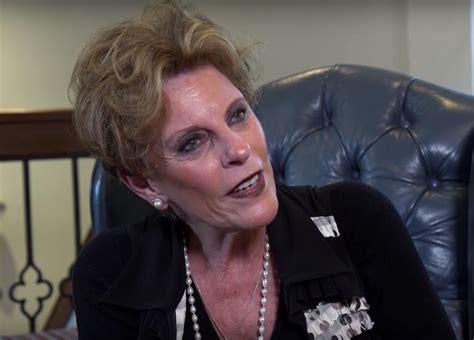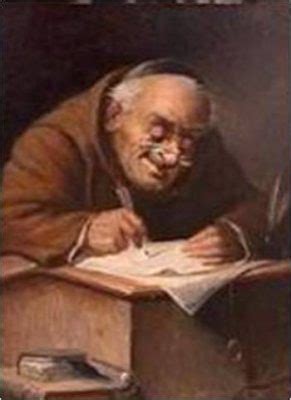A Quote by Jim Walton
Technology has saved us money in some circumstances, but it has really afforded us the ability to cover stories from locations we might not have been able to in the past.
Related Quotes
Stories? We all spend our lives telling them, about this, about that, about people … But some? Some stories are so good we wish they’d never end. They’re so gripping that we’ll go without sleep just to see a little bit more. Some stories bring us laughter and sometimes they bring us tears … but isn’t that what a great story does? Makes you feel? Stories that are so powerful … they really are with us forever.
Most people define "street smarts" as some innate ability to make savvy decisions, or one that has developed as a result of a person being confronted with very challenging circumstances in the past. I think another common term that is used is one who has amazing "business acumen." But, whatever we call it, it is always associated with some mysterious ability, only a few possess, that allow them to make better decisions than the rest of us.
The dreams of the past - whether it was public TV being rolled into the classroom to teach Spanish, or the film projectors or the videotapes or the computer-aided instruction drill systems - the hopes have been dashed in terms of technology having some big impact. The foundation, I think can play a unique role there. Now, our money is more to the teacher-effectiveness thing, and technology is No. 2, but I'll probably spend more money on the technology things.
Technology has flattened a world where trans people are demanding their rights in the U.S. and abroad. TransTech Social Enterprises is here to empower, educate, and employ them no matter where they are. I could not turn down an opportunity for global exposure that our efforts alone might not have ever afforded us.
Of course, an English aristocrat might have some contact with the staff downstairs and could adequately say a thing or two about inter-class dramas unfolding in the household. But something less parochial might be harder to come by. This is relevant because stories about the divisiveness of class are by definition stories that straddle class boundaries. A story about a miner in a mining town is not obviously one that speaks to the divisiveness of class. In other words, class doesn't just divide us in the world but it also divides us in the stories we're presented.
The ever-present expectancy of death is never far removed from any of us - whether we realize it or not. None of us can avoid it. It comes alike to the great and to the unknown; to the righteous and to the unrighteous. Wherein we differ is not in our ability to avert it, but in the preparedness with which we meet it. At such times some question the judgments of God. Some find bitterness because of the circumstances and because of the seeming untimeliness of death.
We must ask whether our machine technology makes us proof against all those destructive forces which plagued Roman society and ultimately wrecked Roman civilization. Our reliance - an almost religious reliance - upon the power of science and technology to forever ensure the progress of our society, might blind us to some very real problems which cannot be solved by science and technology.
